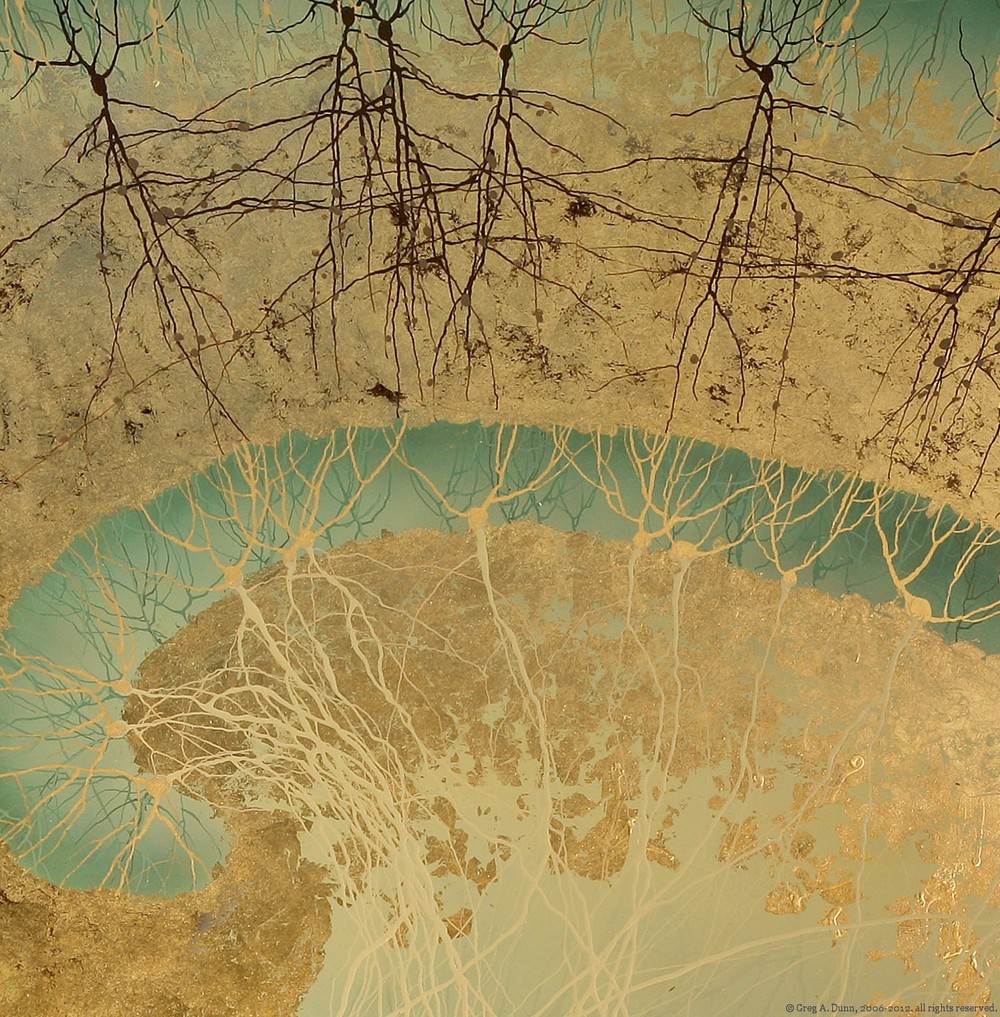
The Neural Basis of Free Will: Criterial Causation, Peter Tse and Whitehead

Measurements of human brain signals on the level of neurons and synapses have long shown that acts of will are preceded by a buildup of neural activity in the brain. These signals can begin up to seconds before a person is consciously aware of the exercise of volition, according to the weight of data, Tse explains.
Until now, neuroscientists have argued that because this buildup of signals comes before a person acts, or is even conscious of having decided to act, free will cannot exist, because it would require that a thought causes itself to exist before it exists.
“How can something cause its own physical basis? It is this ‘you can’t pick yourself up by your own bootstraps’ idea that has been the main argument against the possibility of free will,” Tse says.
The way around this problem, Tse says in his new book, The Neural Basis of Free Will: Criterial Causation, is to understand that information is realized not only in neural firings in the present. Information is also realized in the strengths or weights of connections between neurons, called “synapses.” Neurons can change the weights of other neurons’ synapses very quickly. These “rewired” neurons will now fire differently upon future inputs than they otherwise would have.
“Mental causation is not about changing the physical basis of mental events in the present, which would be impossible self-causation. Instead, mental causation is about changing the physical basis of possible future mental events,” Tse says.
The above paragraphs come from Dr. Tse’s Dartmouth faculty page. The ideas Dr. Tse talks about in his book, The Neural Basis of Free Will: Criterial Causation, are really interesting to me for two reasons: 1) It allows a door to remain open for human free will, and 2) It’s very “process.”
On Dr. Tse’s faculty page he references William James, who was also very “process.” He writes:
James theorized that, as with natural selection among animals, there are two stages of free will. One generates many possibilities, partly randomly. The other selects the good ones—or deselects the bad ones—by some sort of will, Tse says. But James did not have the tools of neuroscience that Tse has at his disposal.
Dr. Tse’s work also reminds me of John Cobb talking about Whitehead and divine lures:
When we think about decisions we commonly take for our examples clearly conscious choices that may take quite some time to make. We decide which college to attend, what dress to wear, how to respond to an offensive letter. Of course, these are, for Whitehead decisions and it is important to choose well. But the decisions on which Whitehead focuses are made moment by moment. In these moments there is no possibility of laying out pros and cons and weighing them against each other. The response to the received data is spontaneous rather than reflective. Of course, the best spontaneous response may be to decide to pause and reflect. But this is the rare, not the normal case. In any case, the decision about which college to attend finally results from innumerable smaller decisions about what catalogs to read and with whom to talk and how attentively to listen.
Cobb continues:
An occasion cannot choose what will be given to it. In Whitehead’s view, it will be physically shaped by the occasions in its past as they flow into it. There is no responsibility there. But the occasion feels or “prehends” possibilities as well as actualities. If only one set of possibilities could actually be realized given the physical world of that moment, then this would only add another causal determinant. But Whitehead argues that alternative possibilities are felt and that the occasion has to decide among them.
This picture introduces God. Prehensions of possibilities do not normally constitute awareness of feeling God, but Whitehead believes that possibilities cannot simply present themselves. Indeed, to have any reality or effectiveness at all they must be in an actuality. To have any relevance to the situation they must be ordered. The locus of these ordered possibilities, Whitehead calls God.
So, although there is a dynamic tension between freedom and historical determinism, it’s encouraging to me that at every moment, potential novelty is indeed present in the struggle to form the future out of the events of history.
Links:
John Cobb: Divine Lures
Peter Tse: Dartmouth Page, Book
0 Comments